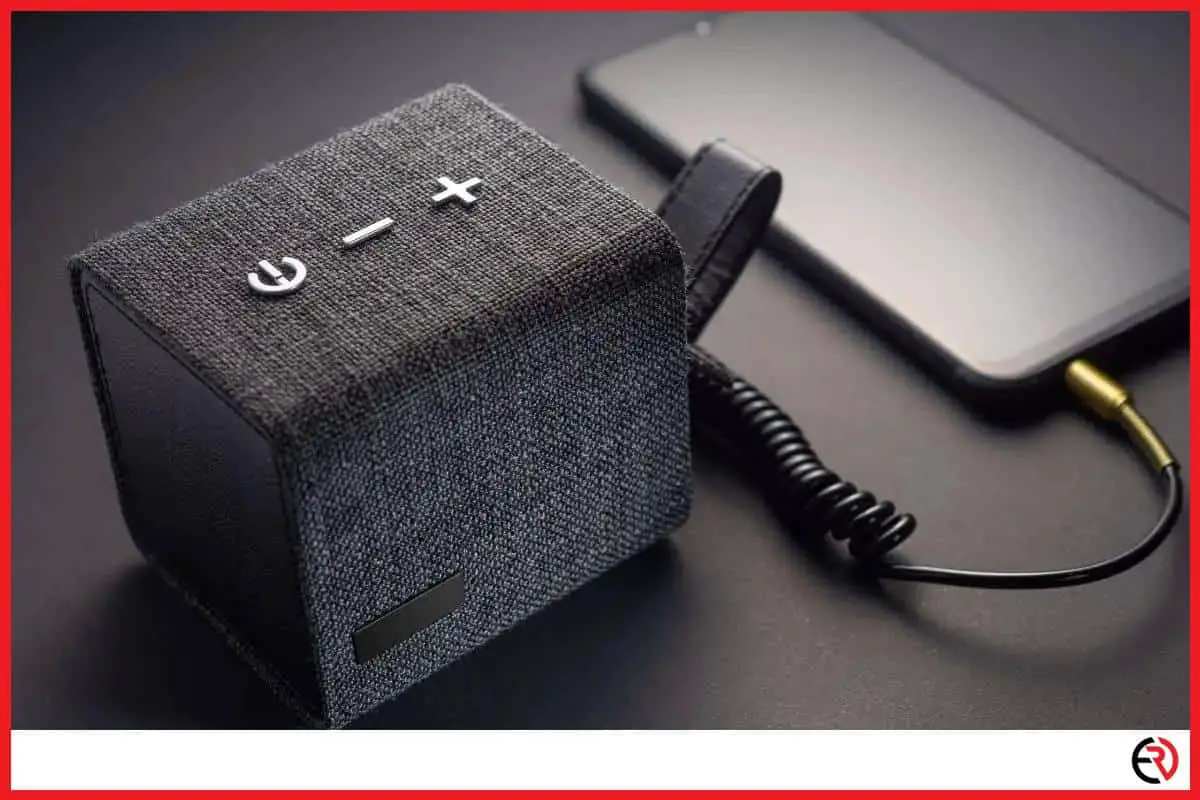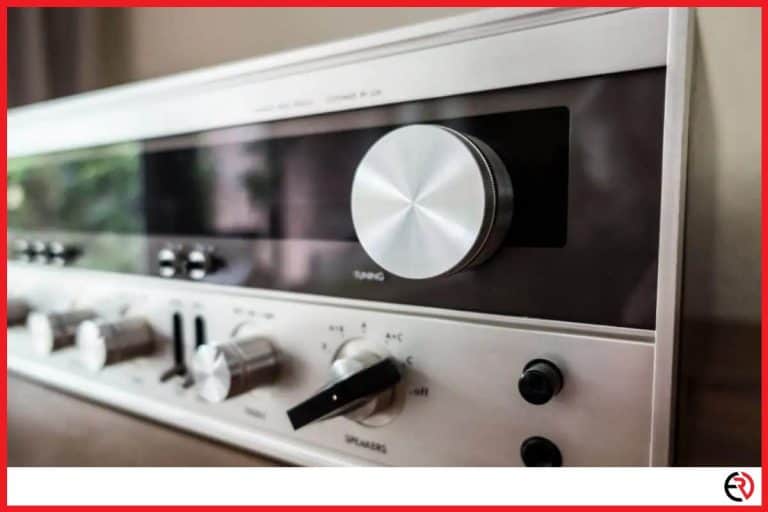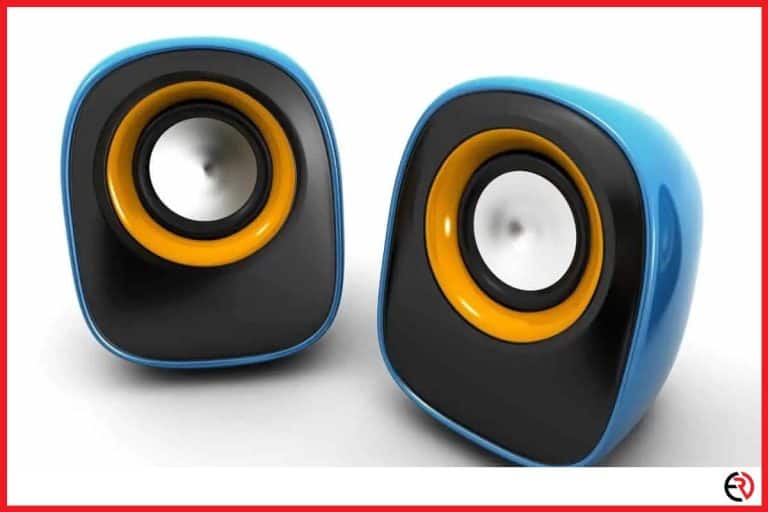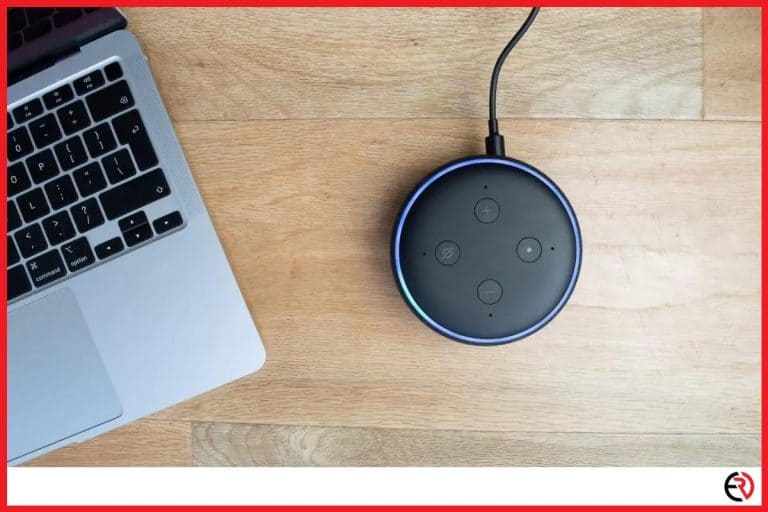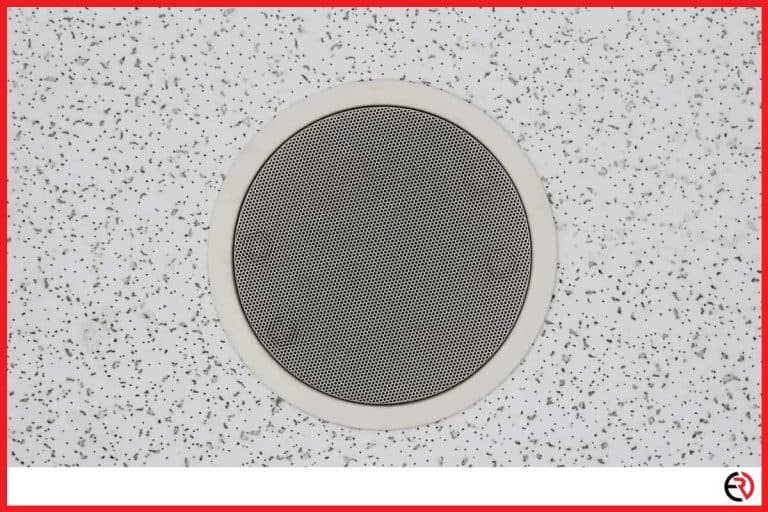Do Bluetooth Speakers Drain Battery When Using an Aux Cable?
This post may contain affiliate links which means that, if you choose to make a purchase, I may earn a small commission at no extra cost to you.
On top of latency issues, degrading battery life is a severe downside of using Bluetooth speakers. That’s probably why some manufacturers started putting AUX ports in their Bluetooth speakers. Even Bluetooth headphones now have an aux port, which means it’s clearly something the users want. But that leaves us with one question. Does Bluetooth consume battery when using aux cable? Read to find out:
The speakers do not use a battery if the Bluetooth speaker is connected to an external power source. However, if the speaker is not connected to an external power source, either by micro USB or a USB Type-C cable, it will consume battery, even if it uses the aux port.
I have also addressed a few questions related to this issue in this guide. So, if you have further queries, keep reading:
When do Bluetooth speakers consume battery?
Bluetooth speakers have two primary modes of operation. They can either run on battery or direct current like any other speaker. When a Bluetooth speaker is not connected to a power source, it will consume the battery since the aux cable cannot supply power and only relay audio data.
Aux inputs are also referred to by different names such as headphone jacks, stereo plugs, audio jacks, etc. An aux cable comprises a 3.5mm jack that you see in most Android and old iPhones. Bluetooth uses wireless connectivity to relay audio data, while aux uses a cable. However, the advantages do come at a cost, as Bluetooth speakers use batteries when using an aux cable.
Although models do not have a direct power input, they need to be charged once the batteries run out. Even a few years ago, most speakers did not have aux inputs and Bluetooth. However, that has changed over time due to some very crippling limitations offered by Bluetooth.
What are the limitations of Bluetooth speakers?
Bluetooth has several limiting factors such as audio compression, incompatibility among different visions, inferior sound quality, and lag or interference.
Bluetooth connections can operate up to a distance of 33 feet. In the case of industrial usage, it can even span to 300 feet. Connecting a Bluetooth device used to be a headache. Although the problem has been resolved with the latest versions, compatibility issues exist when one version tries to interact with another.
Moreso, Bluetooth connection is considered a downgrade compared to wired connections. That’s because Bluetooth uses a standard compression technology known as SBC compression to ensure the audio data transfers between the source device and the Bluetooth seamlessly and relatively quickly. It’s the speed at the cost of sound fidelity.
Interference is also a major issue with Bluetooth. If a Bluetooth speaker is not compatible with a phone/computer/laptop, you will experience severe distortions. I own an Anker Soundcore 2, a great budget speaker, ideal and lightweight, perfect for outdoor travels. However, I receive severe audio distortions when my phone is connected to the Wi-Fi while playing something on the speaker.
The problem repeats when I am using a better smartphone, which leads me to believe that the Bluetooth version is incompatible. As soon as the Wi-Fi is disconnected, the sound reverts back to normal. It’s not much of a hindrance, but when I pay for a device, I expect it to be flawless. That’s why I prefer speakers with both Aux and Bluetooth support.
Advantages of using both aux and Bluetooth on a speaker
The ability to use both aux and Bluetooth on your speaker is quite helpful, as you can easily switch between features. For instance, I already have a 5.1 speaker setup on my computer, but I wanted to try out the new Bluetooth soundbars without changing my current setup.
I bought a BESTIAN Soundbar and hooked it up to my present system. The soundbar is amazing and produces the best surround sound effects I have seen at this price range. I simply used the aux cable to connect it to my PC.
But when I am not on my computer, I simply switch on the BESTIAN soundbar and connect it to my phone for listening to music. The ability to enjoy great music without switching on my computer is truly a great experience. However, since the soundbar does not have a battery, it needs a power source, so I cannot take it outside.
So, if you are planning to upgrade your speaker system and have a Bluetooth speaker in mind, ensure it has a battery, especially if you travel a lot. If you are strictly interested in a home setup, the battery is not required.
F.A.Q.
Do Bluetooth speakers need batteries if I use an aux cable?
Some speakers require it while others do not. Test it by draining the speakers entirely out of charge and plugging in the aux cable, and try listening. Repeat the experiment after connecting the speaker’s charging port. If the sounds become louder, then the speakers need the power to operate properly.
The fact is most speakers have inbuilt amplifiers. When not connected to an external power source, the amplifier does not play its full capacity in order to preserve the battery. Usually, when speakers are plugged in, they are powered directly by electricity. The battery preserve is not tapped until you unplug them from the wall socket.
In conclusion, it is not mandatory for Bluetooth speakers to have batteries for you to use an aux cable on them. The aux cable is an additional feature found in Bluetooth speakers these days. While some have batteries, others do not, and whether you buy one or the other depends completely on your use case.
Will using an aux cable on Bluetooth headphones drain the battery?
No, using an aux cable on Bluetooth headphones will not drain the battery. The aux cable ensures that the headphone can be used even without a battery. It is only when you connect the headphone via Bluetooth then it starts to consume the battery.
Bluetooth headphones do not require an external power source and can be easily powered by the aux port. However, the same cannot be said in the case of the speakers and Bluetooth speakers not connected to electricity will use the battery (if there is one on board).
Does Bluetooth use more battery than an auxiliary cable?
Yes, Bluetooth uses more battery than an aux cable.
Some users argue that the latest Bluetooth versions (4.0, 4.2, and 5.0) consume a lot less battery, that’s not true. The only way to prove this is via experimentation. The latest versions have increased range, better reception, higher audio quality, and less interference. Compared to Bluetooth 4.2, the latest version 5.0, has twice the speed and eight times the bandwidth. It can also transfer data at 2Mbps while the previous version only supported 1Mbps.
Compared to Bluetooth, the aux cable can run as long as your smartphone/laptop/PC can support it, which is roughly around 7-8 hours.
Can the aux cable charge the Bluetooth speaker/headphone battery?
The 3.5mm audio jack cannot supply enough electricity to actually charge the battery. All power going through the jack is pure audio data, and any electric charge is negligible. Almost all speakers and headphones have a separate charging port that charges their battery.
Conclusion
Most high-end Bluetooth devices have an aux input, and asking such questions is natural when you’re investing in premium speakers/headphones. Hopefully, this article has answered all your questions related to this topic. Stay for more tidbits on your favorite gadgets. Until next time.

